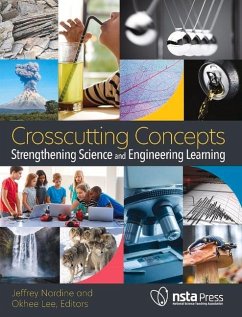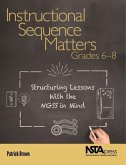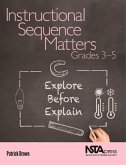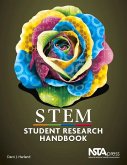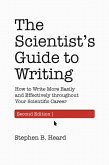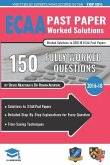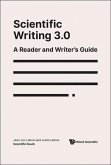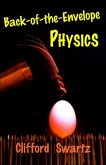"If you've been trying to figure out how crosscutting concepts (CCCs) fit into three-dimensional learning, this in-depth resource will show you their usefulness across the sciences. Crosscutting Concepts: Strengthening Science and Engineering Learning is designed to help teachers at all grade levels (1) promote students' sensemaking and problem-solving abilities by integrating CCCs with science and engineering practices and disciplinary core ideas; (2) support connections across multiple disciplines and diverse contexts; and (3) use CCCs as a set of lenses through which students can learn about the world around them. The book is divided into the following four sections. Foundational issues that undergird crosscutting concepts. You'll see how CCCs can change your instruction, engage your students in science, and broaden access and inclusion for all students in the science classroom. An in-depth look at individual CCCs. You'll learn to use each CCC across disciplines, understand the challenges students face in learning CCCs, and adopt exemplary teaching strategies. Ways to use CCCs to strengthen how you teach key topics in science. These topics include the nature of matter, plant growth, and weather and climate, as well as engineering design. Ways that CCCs can enhance the work of science teaching. These topics include student assessment and teacher professional collaboration. Throughout the book, vignettes drawn from the authors' own classroom experiences will help you put theory into practice. Instructional Applications show how CCCs can strengthen your planning. Classroom Snapshots offer practical ways to use CCCs in discussions and lessons. No matter how you use this book to enrich your thinking, it will help you leverage the power of CCCs to strengthen students' science and engineering learning. As the book says, "CCCs can often provide deeper insight into phenomena and problems by providing complementary perspectives that both broaden and sharpen our view on the rapidly changing world that students will inherit.""--
Hinweis: Dieser Artikel kann nur an eine deutsche Lieferadresse ausgeliefert werden.
Hinweis: Dieser Artikel kann nur an eine deutsche Lieferadresse ausgeliefert werden.

